A community-run program in Cuba gives disadvantaged children an opportunity to begin their education
HAVANA, Cuba – She rolls a scuffed suitcase to Parque Villalón in Havana every Tuesday, Wednesday and Thursday mornings. A fraying hula-hoop hangs from the suitcase handle and a jump rope dangles from one of the outside pockets. At 10 a.m., Mariolka Pérez unzips the piece of luggage filled with colorful plastic balls, construction paper and school supplies. Children who are a few months old to 5 sit on the ground of the park with their mothers, waiting for Pérez to begin.
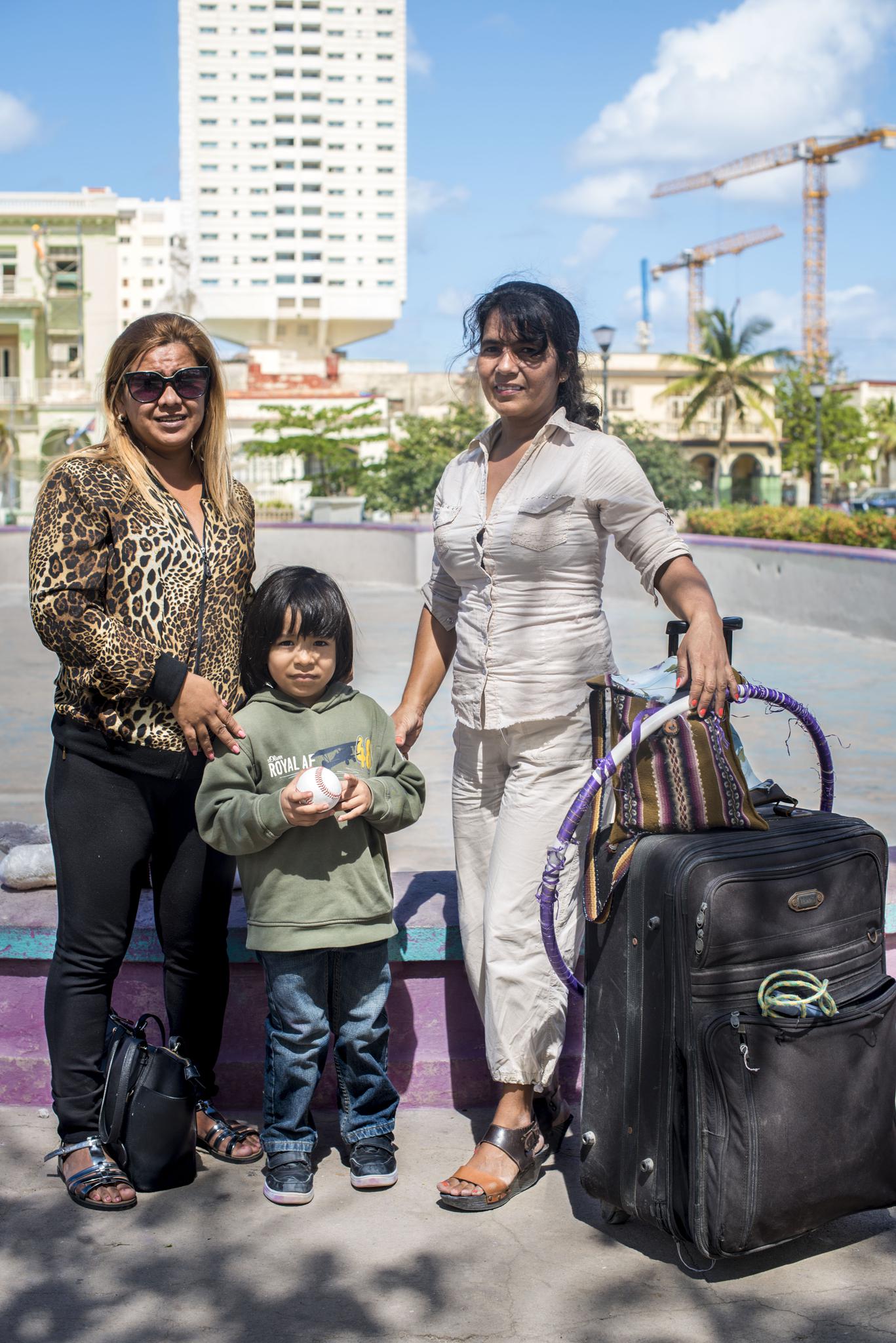
Pérez is a volunteer teacher for “Programa Educa Tu Hijo,” or Educate Your Child, a state-run program which exists throughout parks in Cuba. Similar to having school districts, children living on certain streets are placed into zones, and can attend the program that takes place in their designated park. Each park, such as Parque Villalón, is within walking distance of the child’s house.
“This is a very educated country, a country with a lot of culture,” said Pérez through a translator. “And this is embedded within us from a very young age.”
The Educate Your Child Program was created for children who could not attend daycares, or “círculos infantiles.” Although education is free throughout the island, círculos are only for children of working mothers. Wanting to create an equal opportunity for all children to be educated before entering primary school, the Ministry of Education of Cuba worked with communities and teachers to launch Educate Your Child in 1992.
This program addresses the problem of educating children who would otherwise be at a disadvantage for not having the opportunity to attend a daycare - a problem that exists in many countries and with no solution like this one. Even children who live in rural or mountainous regions have access to Educate Your Child through home visits from the volunteer teachers. Approximately 500,000 children across the country participate in this program.
As her 4-year-old son John ran in circles around her legs, Isabel Paz praised the Educate Your Child program for being accepting of her family. “I didn’t have the papers to take my child to a círculos, and I felt very worried,” said Paz through a translator, after the morning class with Pérez in Parque Villalón.
Her worries disappeared when one day, Paz walked by the park and saw Pérez teaching young children. “For me it was very impactful to ask the teacher, to share my worries with her. I thought you had to register somewhere, but you just go to the park and they receive you with love.”
Granma, the daily newspaper of the Cuban Communist Party delivered to every Cuban home every day, cited in 2017 that “more than 495,000 children aged up to 6 years old, together with their families, are benefited through the island’s Educate Your Child program.”
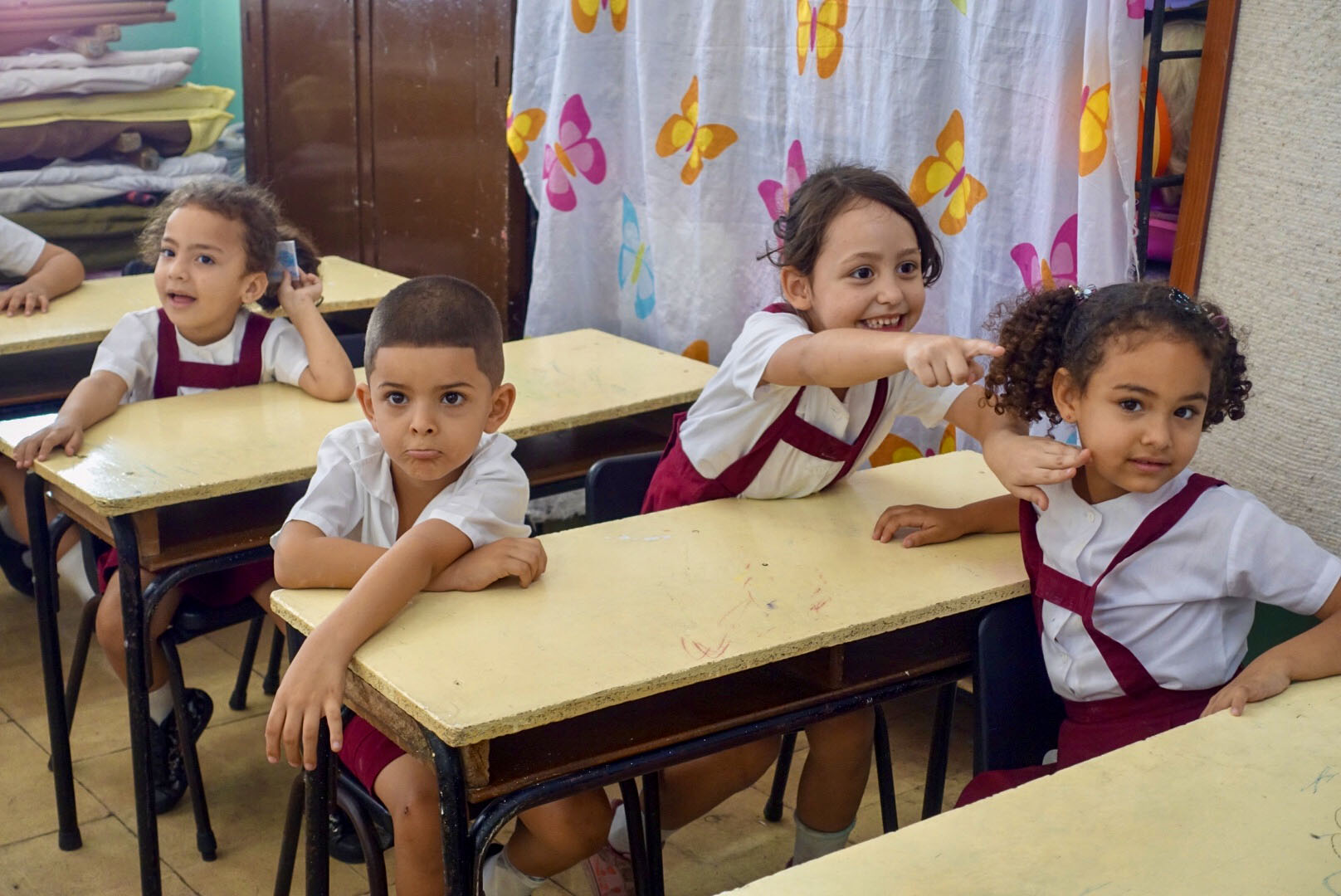
Beyond educating children, the Educate Your Child program and the Cuban healthcare system go hand-in-hand, working with families to ensure that each child is raised in the best possible way. “It begins at pregnancy. They begin to talk to the mothers about their children, and they do exercises with the mother for the development of the child,” said Pérez. “And then, once the child is born, the kids start going to the park with this program within the first year.”
Participants of the educational program believe that the model, which integrates mothers from the moment they are pregnant, should be studied and implemented in other countries. “It’s all connected, it’s an educational system that leaves me impressed, and it has been this way for years,” said Paz as she opened a healthy yogurt snack for her son. “This is why I think that education and healthcare in Cuba are miraculous.”
All mothers welcome
It all begins when the mother becomes pregnant. Once a week, expecting mothers can check-in with the family doctor in order to monitor their pregnancy and be pointed to specialists if needed. “The healthcare system has, for each sector, every two blocks, a doctor,” said Paz. “So when you are pregnant a gynecologist comes to this office each week, and those who are pregnant are keeping track of their pregnancy.”
Teachers in surrounding parks eventually learn which woman is expecting a child since they are in communication with the doctors. They can then prepare to welcome the child from their zone into the program and cater to the child’s needs if there is a disability.
The beginning of Educate Your Child prioritizes educating the families on how to properly raise their children. From learning how to change a diaper to making a fixed nap schedule, the teachers at the park are trained and experienced with early childhood development.
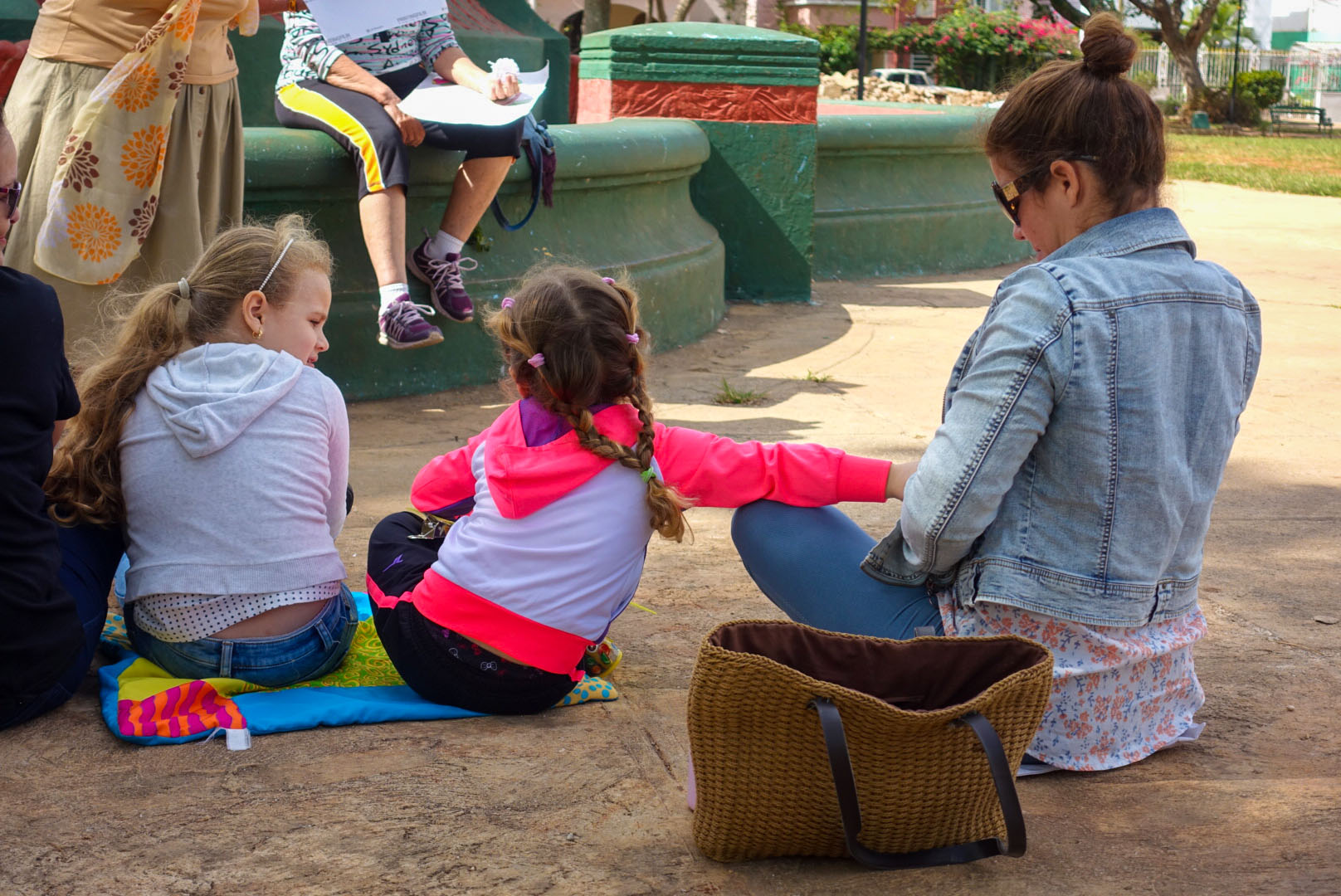
Of course, the idea of bringing your child to an outside and non-descript park on the island can sometimes be met with skepticism, especially to foreign parents. “I would tell her to bring him to the park,” said Paz of a mother from Columbia. “And she would say ‘no’ and wasn’t confident enough, because she feared due to the dangers that exist in her country.” But just like Paz, the Colombian mother was welcomed.
“And there you see the importance of a child in our country,” said Wilder Molina, the director of Nicolás Estévanez Murphy, a primary school in Vedado, through a translator. “They are cared for from when they are in their mother’s womb through their educational career.”
“The community always gives”
Rosario Hernanda holds up a photo of José Martí, a celebrated Cuban poet and revolutionary, and asks two 5-year-old girls to identify him. They excitedly shout his name. Hernanda responds with a nod and a smile. She pulls out another photo, this time of the Cuban flag, and asks the girls to name the colors and shapes they see. “Estrella! Rojo, azul, blanco,” echoes through the park as the girls point out the star and list the colors.
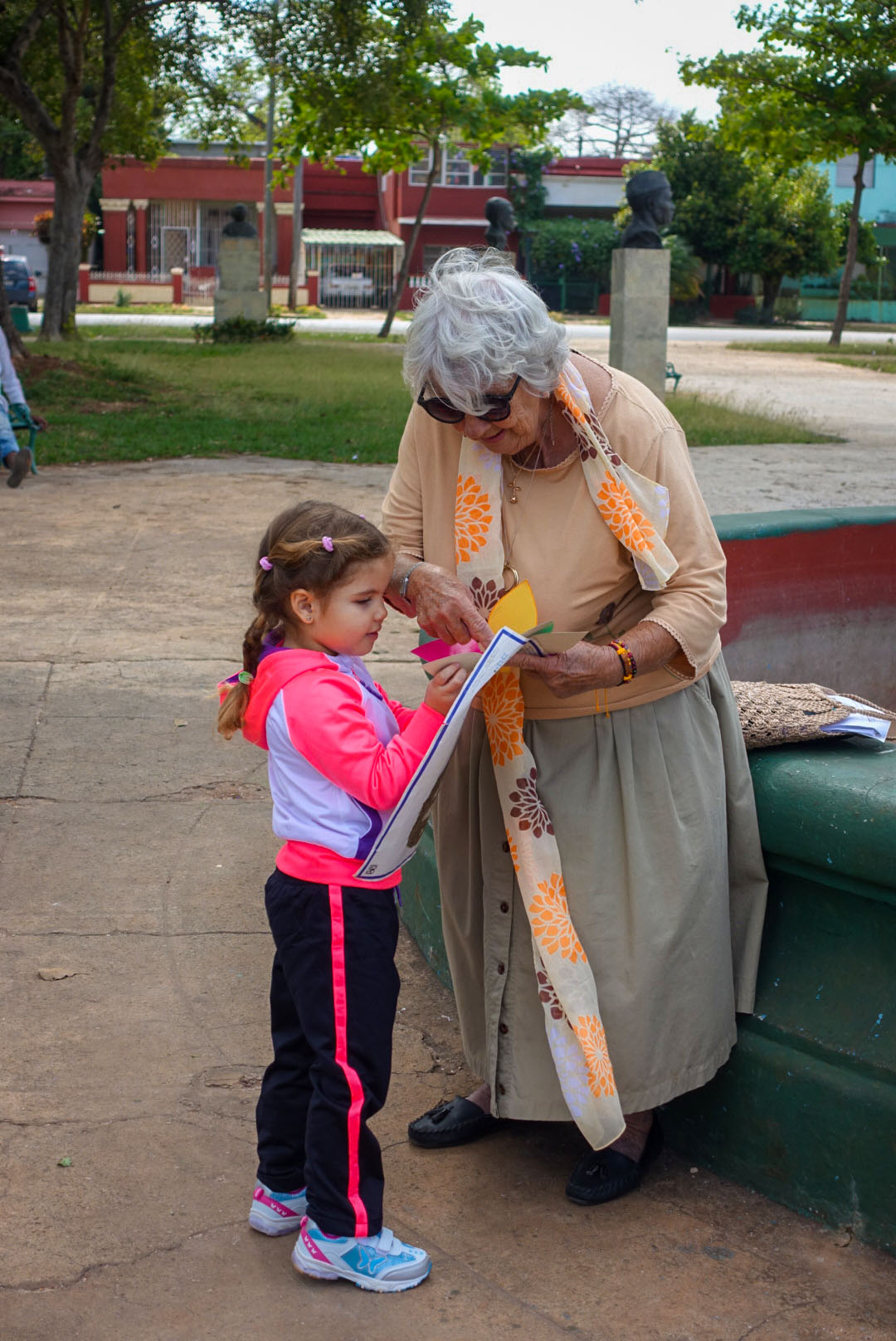
Hernanda is 83 years old and has been a teacher for the Educate Your Child program for 20 years. Similar to Pérez, she goes to a park in Vedado, a neighborhood in Havana, with a variety of school supplies and an eagerness to prepare the next generation of Cubans for success. “The program prepares them well because they learn the colors, geometric shapes, spatial relations, how to handle money, animals and the symbols of our nation,” said Hernanda, sitting on the edge of a fountain in the park through a translator.
Educate Your Child is a non-institutional program that is run by volunteers. This means that the Cuban government is not responsible for supplying teaching materials or staff. Evenso, the Ministry of Education of Cuba, still evaluates and approves teachers for the program. Retired teachers and volunteers looking to gain more experience in the realm of education are typically the ones responsible for educating children within the program.
The responsibilities of early childhood development are for the parents too, who are expected to accompany their children in the parks. They help with activities, such as cutting and gluing pieces of paper together to create Cuban symbols such as a colorful house or an old car. “You think they’re just shredding up paper,” said Paz. “But it’s so that they have more precise movements, muscular control.”
But when materials are scarce on the island, which they often are, teachers get creative with what they can use. “Of course, we work with a lot of weird and unconventional materials as well,” said Pérez. “We work with the little plants, leaves, sticks, things that are recycled.”
“We are always lacking a few things,” said Hernanda, a retired teacher from the Cuban school system. “I have a few puppets that my neighbor gave me that used to belong to her kids. We always need something, but things always have a way of appearing, the community always gives.” Sometimes círculos have extra supplies that can be donated to the parks, and other times the mothers bring extra materials or toys from their homes.
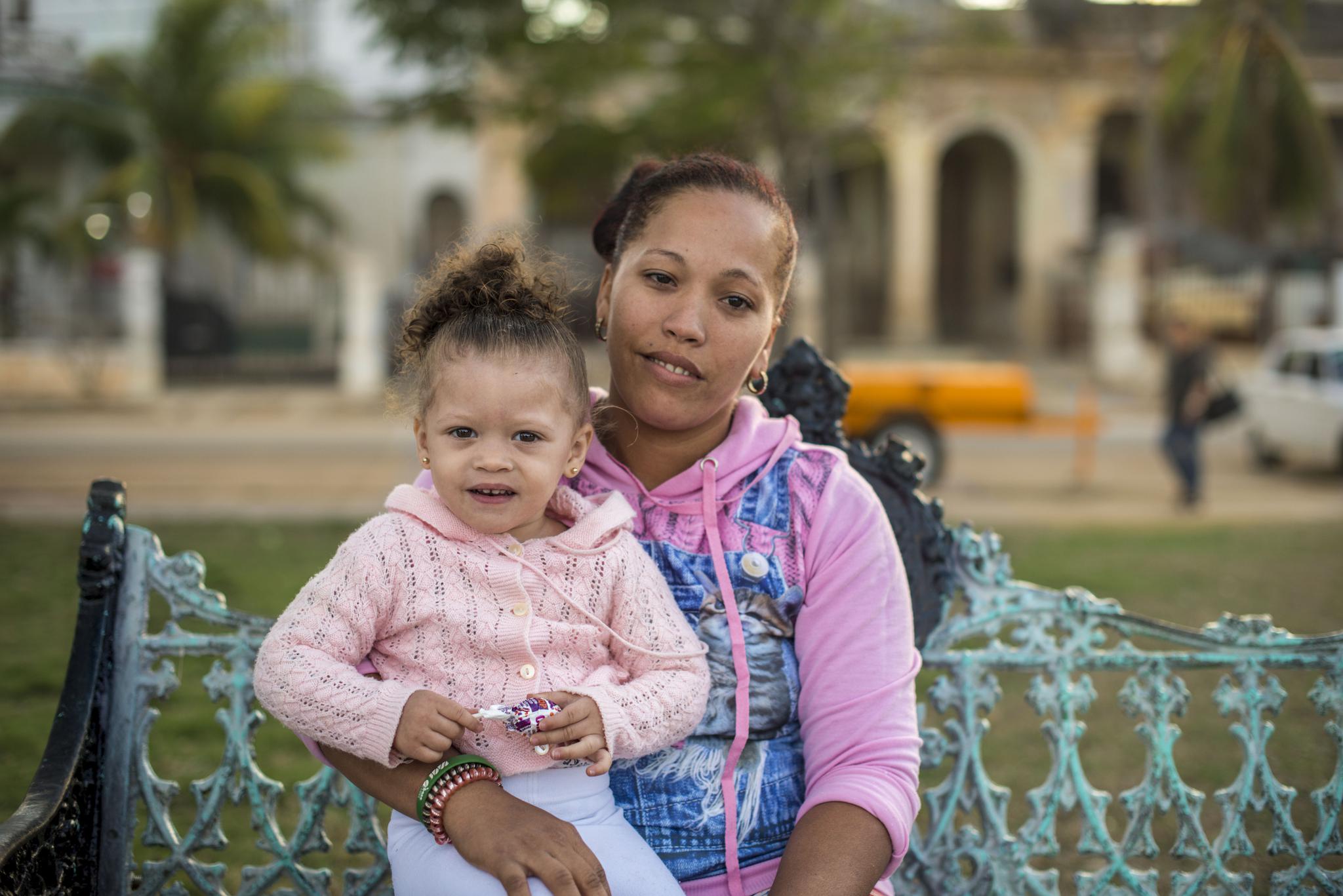
Regardless of whether the teachers have enough supplies for the program, they are trained to have children prepared for primary school by age 5 or 6. Many lessons incorporate Cuban culture in order to teach children the basics of shapes and colors and reciting Cuban poetry to develop better speech.
“They learn the symbols of the homeland, everything about Martí and what he did, they know a lot,” said Hernanda about the children she teaches. “You ask them and they know that our flag is the Solitary Star Flag, the Cuban Flag.” And when asked where the flag can be found in their country, the children answer with at school and hanging from balconies.
To primary school and beyond
The program is gaining traction by educators in other countries too. Hernanda recalled about 20 professors from the University of Washington and mayors of Spain coming to see the program in the park. Since Educate Your Child successfully teaches children all of the intellectual and physical skills needed to enter primary school, it is a model that can be replicated in other countries.
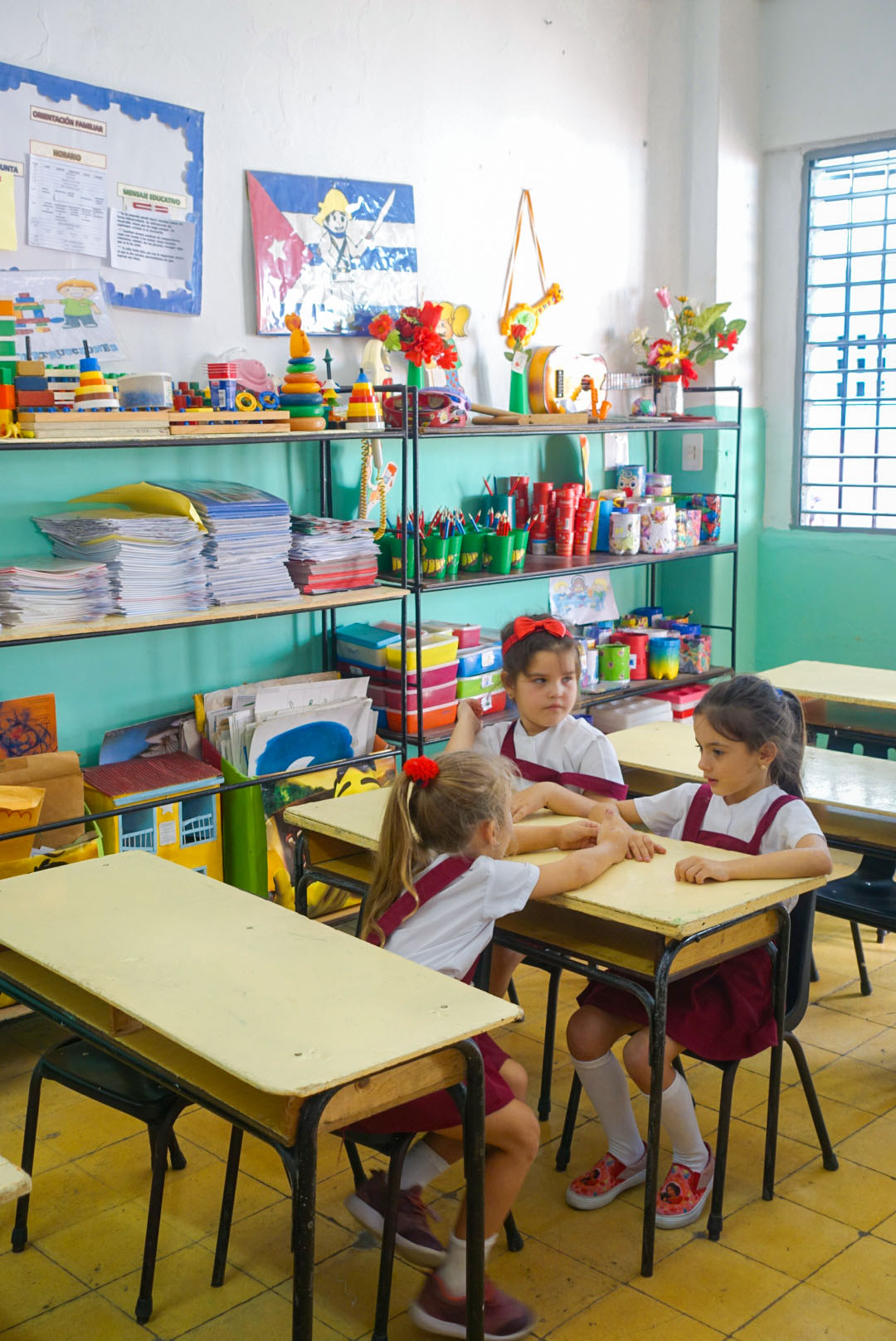
“This program was created because there was a noticeable difference when children didn’t go to daycare before preschool and those who did,” said Hernanda. “So now with this program, they are prepared have started on an equal ground with all other students entering their level.”
